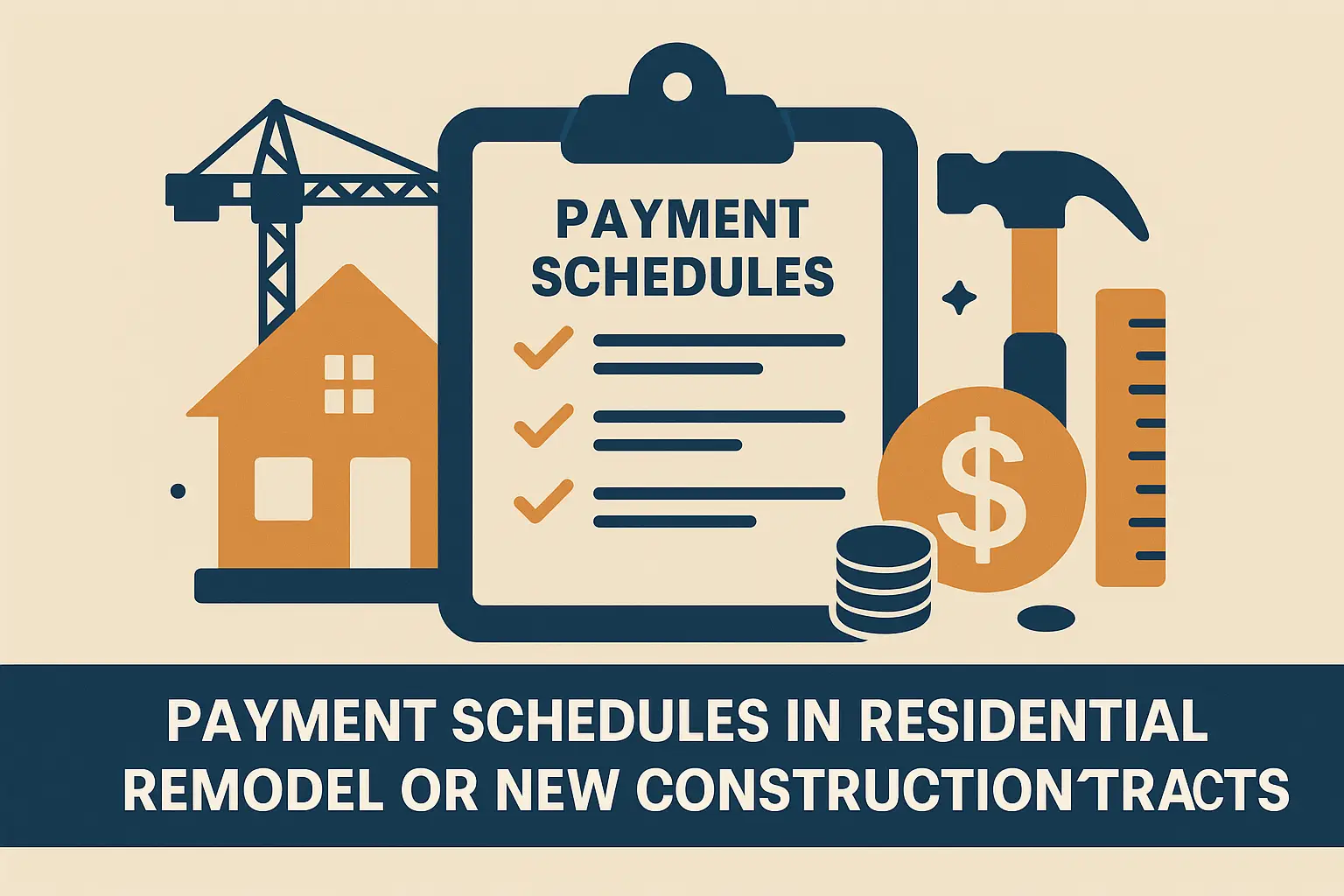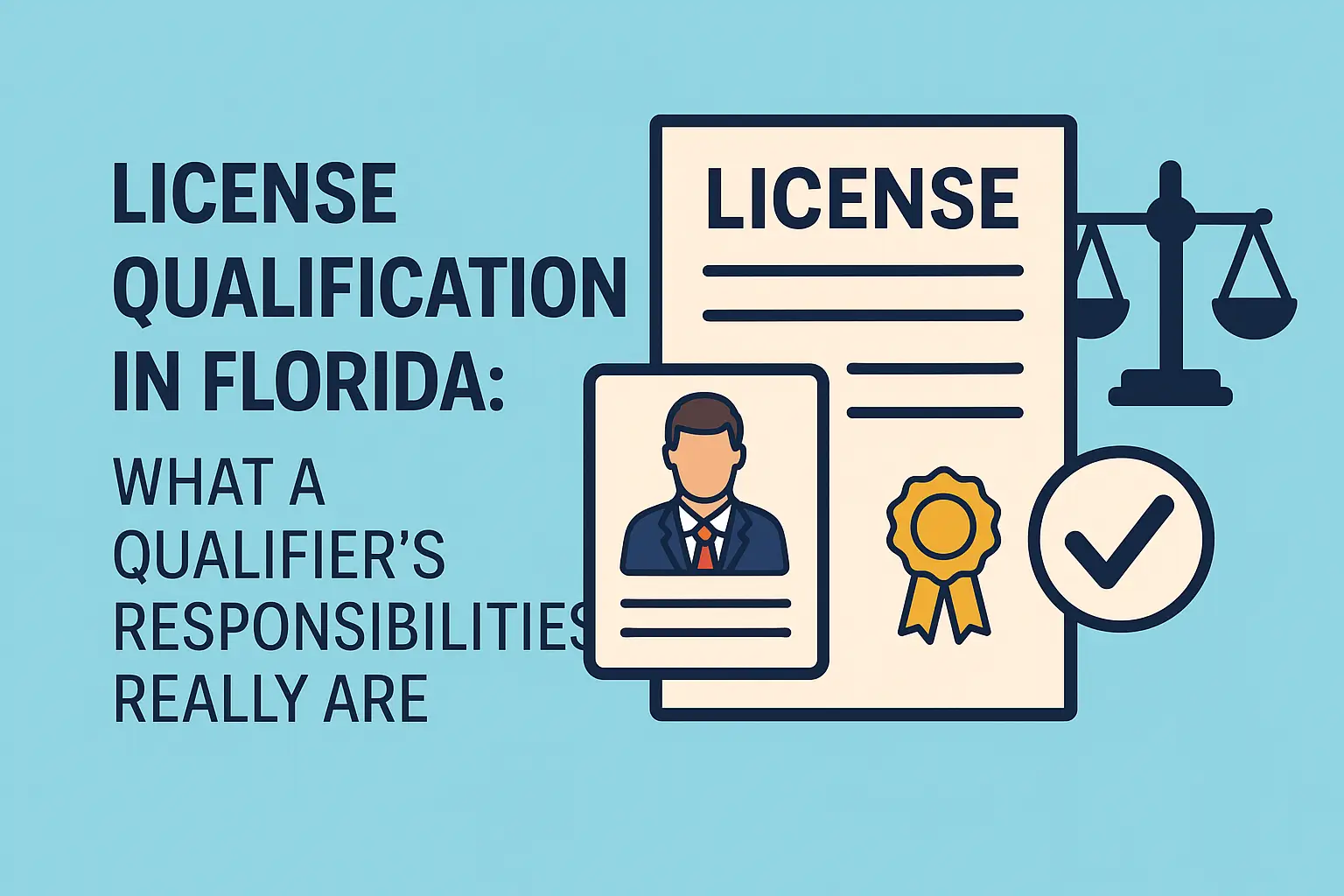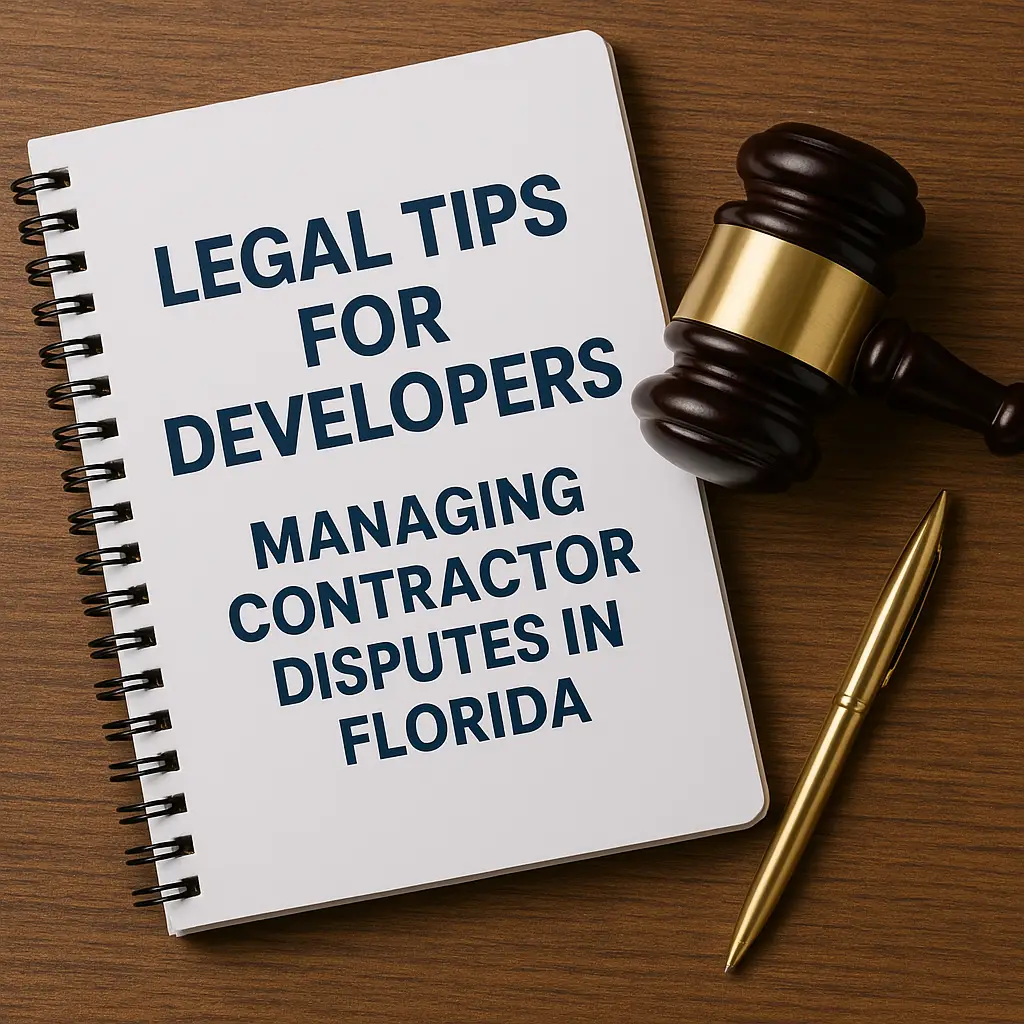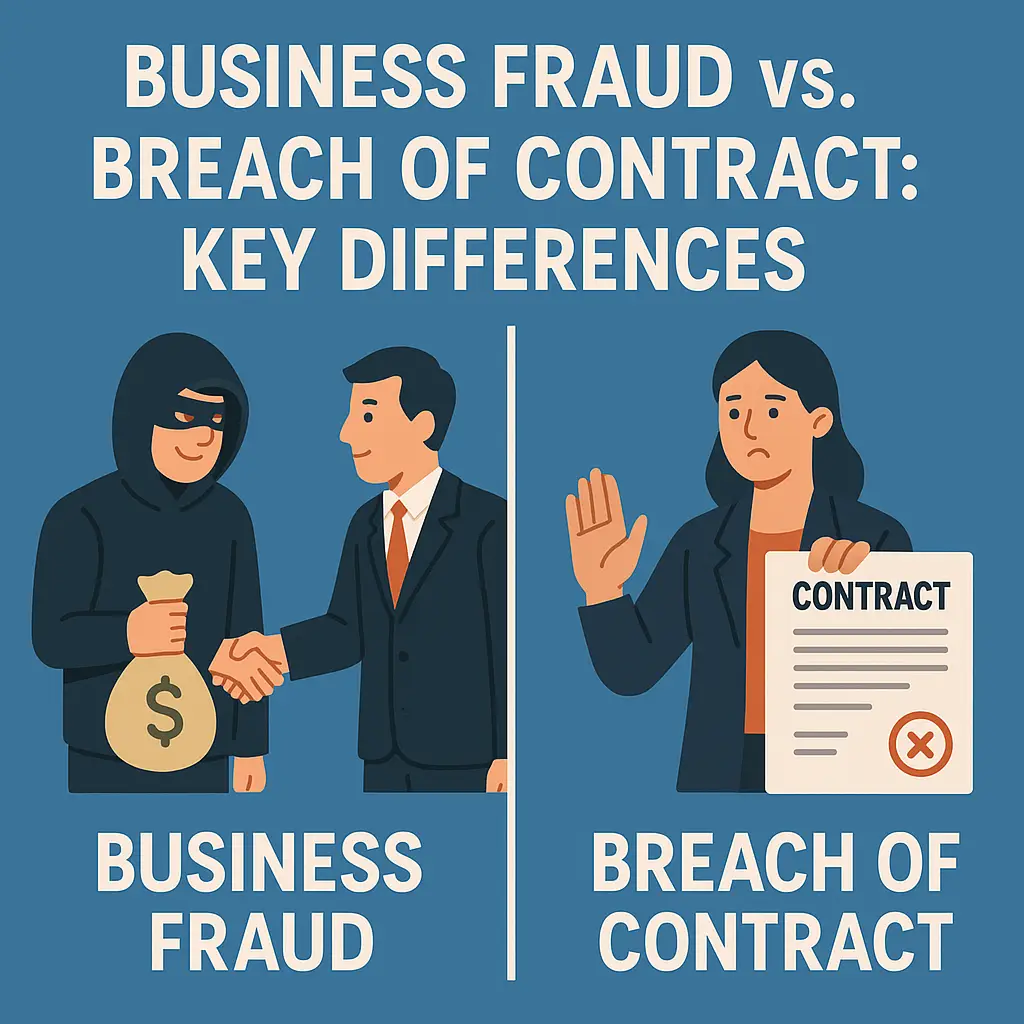How a Florida Construction Attorney Can Help With Contract Disputes
Protecting Contractors, Subcontractors, and Property Owners Across Florida In the construction world, even a well-written contract doesn’t guarantee a smooth project. Payment issues, delays, defective work, and scope changes can all lead to one thing: a contract dispute. And in Florida, where construction law is both technical and tightly regulated, having the right legal representation makes … Read more
















